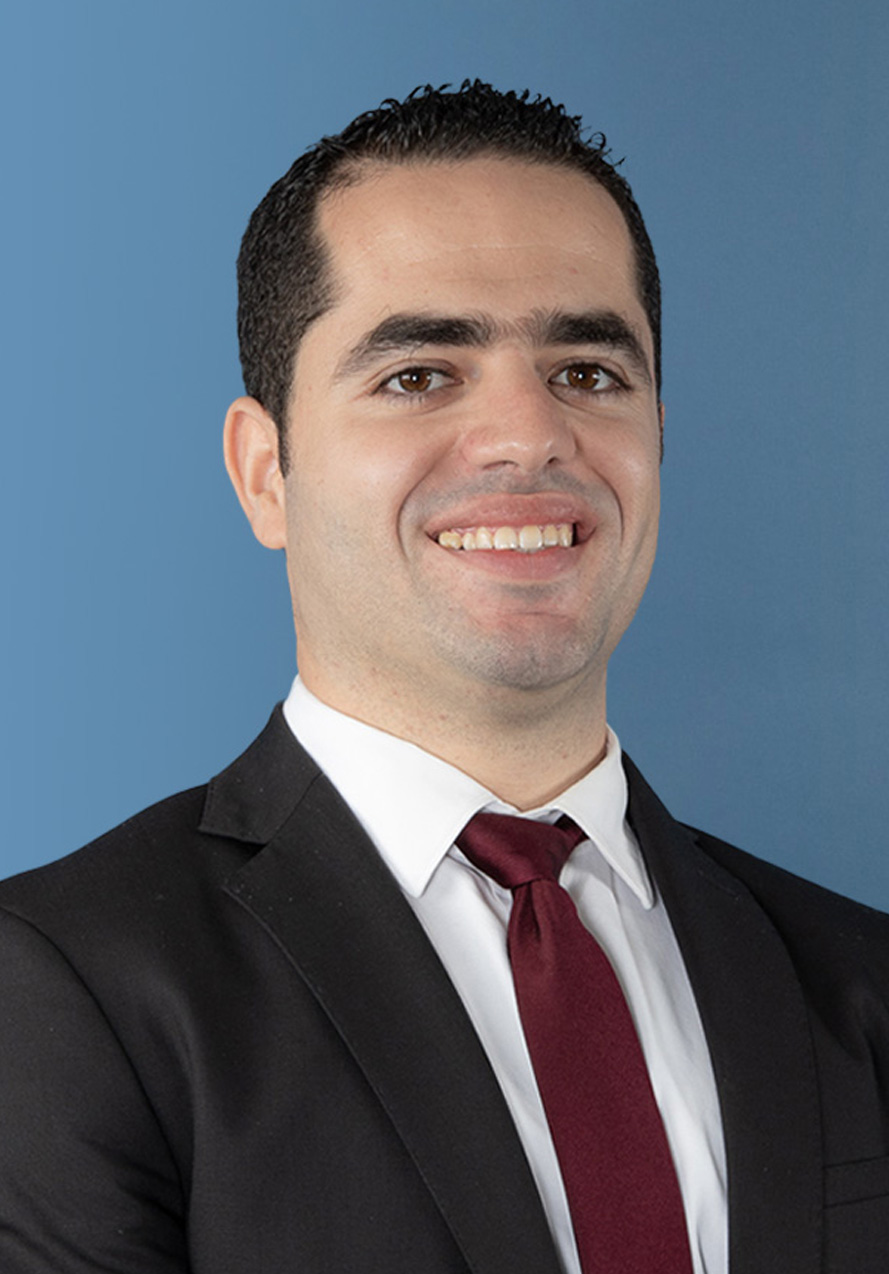Dans cet épisode d’Africafé, Gilles Yabi analyse les enjeux des inégalités en Afrique et les moyens de palier à ce manquement des économies Africaines. En compagnie de Hamza Saoudi, cet épisode passe aussi en revue les politiques publiques mises en œuvre par les Etats Africains pour combattre les inégalités.
Speakers

Hamza Saoudi
Senior Economist
Hamza Saoudi is an Economist at the Policy Center for the New South (PCNS). He is a graduate engineer from the National Institute of Statistics and Applied Economics (INSEA). He is currently working on topics related to business cycles, unemployment, inequality and poverty in developing countries. Hamza is also interested in macroeconomic stabilization policies, International Trade and Growth and long-term economic development. Prior to joining the Policy Center for the New South, he contributed to the conception of quantitative models for bank credit risks management.
...

Gilles Yabi
Founder and Executive Director, WATHI
Gilles Olakounlé Yabi is the founder and CEO of WATHI, the West Africa Citizen Think Tank launched in 2015. WATHI is a unique participative and multidisciplinary citizen-focused think tank on West African issues (www.wathi.org). Gilles Yabi worked as senior political analyst and later as West Africa Project Director of the International Crisis Group, a think tank dedicated to conflict prevention and resolution. He led the research, policy, advocacy and media work of Crisis Group in West Africa and worked particularly on the political crises and conflicts in Côte d’Ivoire, Guinea, Guinea Bissau, Mali and Nigeria. Holding a Ph.D in Development economics from the University of Clermont-Ferrand in France, Gilles Yabi also worked as a journalist for the weekly magazine Jeune Afriqu ...








